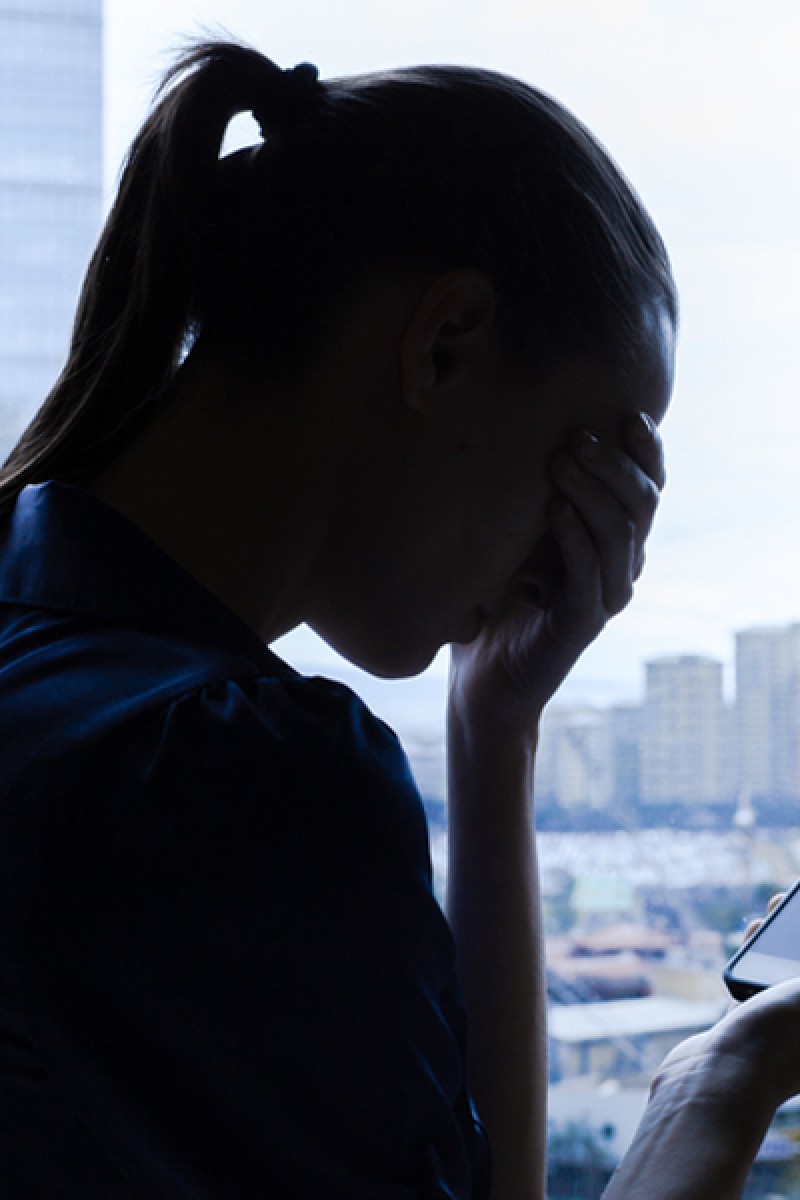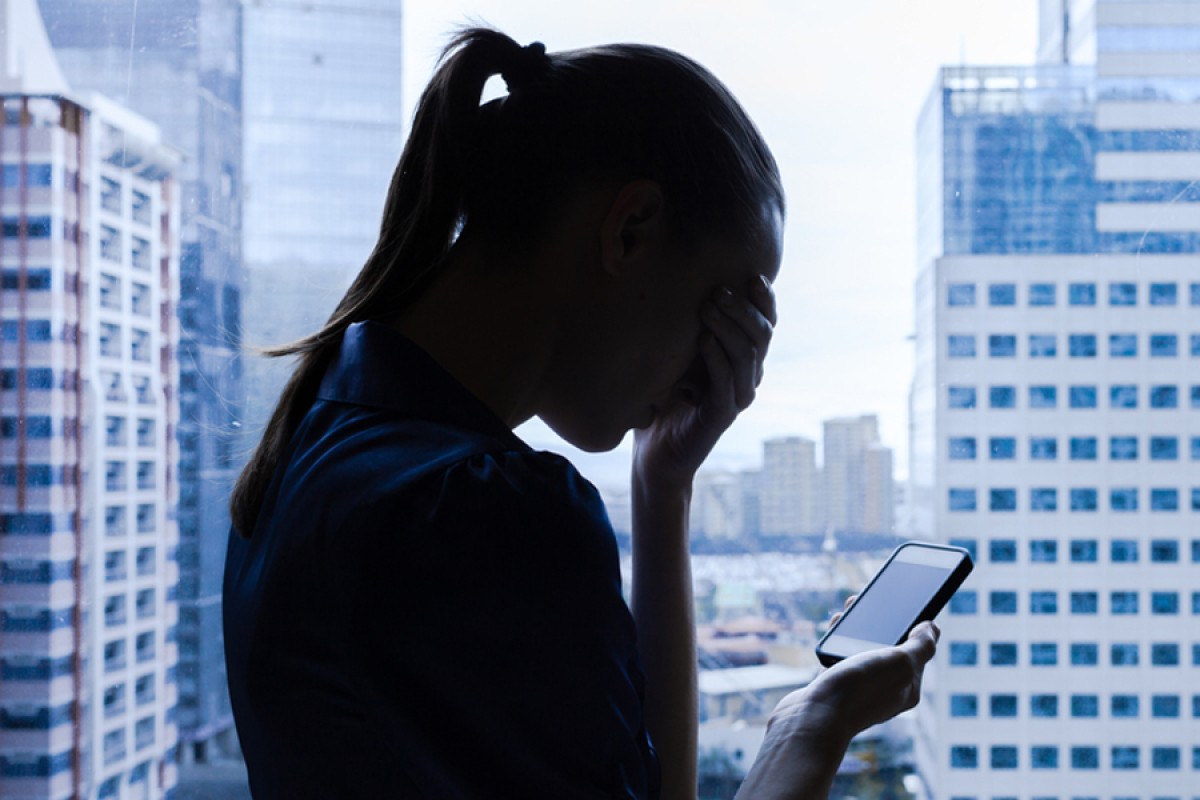
Not everyone is enjoying the happy moments on Facebook, Instagram, and Snapchat. For many users, these apps only bring stress and sadness

You’re scrolling through your Facebook feed – only to find that your friends have gone out without you. You feel betrayed. Upset. Insecure. A little angry. Why didn’t they invite you? Don’t they like you? Aren’t you cool enough?
Social media is designed to bring us together, but it can create negative feelings for many people. The #StatusOfMind report, released last week by Britain’s Royal Society for Public Health (RSPH), found that Snapchat was the app most likely to make users feel left out. However, the study, which surveyed almost 1,500 British people aged 14 to 24, reported that Instagram had the worst effect on users, making many of them feel depressed, anxious and lonely.
Young Post talked to University of Hong Kong psychology professor Dr Christian Chan to find out just how social media can be such a bad thing for so many people. Chan believes there are three main reasons that cause this.
FOMO: the fear of missing out
Social media is a window to the rest of the world. But this window is not always a good thing. “Fear of missing out”, also known as “Fomo”, is the feeling of anxiety you get when something fun is happening and you’re not there to enjoy it.
Research shows that people who experience Fomo tune out of real life, and instead browse social media. But this can actually add to our feelings of dissatisfaction. “We tend to do [passive browsing] when we feel bored or a bit down,” explains Chan.
“But seeing pictures or videos that suggest that other people are having a great time while we are feeling the exact opposite, can make us feel worse about our own lives.”
Social comparison: the perfect illusion
You open your Snapchat and see a snap of someone who has just won an award, and is now celebrating with their friends. Then there’s you, at home, alone, staring at the overly bright screen, thinking: “Wow, everyone seems so much happier than me.”
Has this ever happened to you? Chan believes it’s likely. “When using social media, many people are drawn to make social comparisons,” he says.
One study concluded that students who used Facebook felt that other people’s lives were happier, and this gave them the feeling that life was unfair.
“When you feel a discrepancy between your ideal life and what you actually experience, it can lead to depression,” Chan says. “If your life frequently does not measure up to your expectations, you may feel depressed.”
But often it’s a case of “the grass is always greener on the other side”, because the perceptions you have of other people simply aren’t true. People work to enhance and uphold an “image” of themselves online, putting a positive filter on everything they post.
The #StatusOfMind report said that it’s especially bad with Instagram, because it is entirely image-based, and that can cause feelings of inadequacy and anxiety among users.
Judgement: the constant quest for likes.
Let’s face it, everyone judges, whether consciously or not. And on social media, it’s even easier to do so, especially since all platforms have some form of a “like” button. This can create a breeding ground for judgement, as well as a hunger for approval and a burning pressure to get as many likes as you can.
Do you obsessively check your likes for self validation? It’s important to remember that likes don’t rule you, nor do they determine your self worth. Positive feedback may boost your self esteem, but it can also do the opposite. “We feel good when we get many likes, but we can get discouraged when we don’t – especially if we interpret the likes as an indicator of approval and our worth,” says Chan.
The cure? Focus more on real life
Chan recommends that you try taking a break from social media. “See how you feel and what you might miss out on,” he says. “Sure, you may feel bored or even irritated at first, but gradually you may learn to overcome that and find other ways to more constructively spend your time.”
Maybe it’s time for us to stop obsessively checking our Facebook, and start living in real life. But for those of you who aren’t ready to step away from social media, Chan offered some further advice. “It is okay to feel ‘not okay’,” he says.
“Sadness and boredom can prompt us to reflect, make changes, be creative, and bond with and care for one another. Go talk to a person you trust, instead of bingeing on the fabricated reality you see on your screen.”